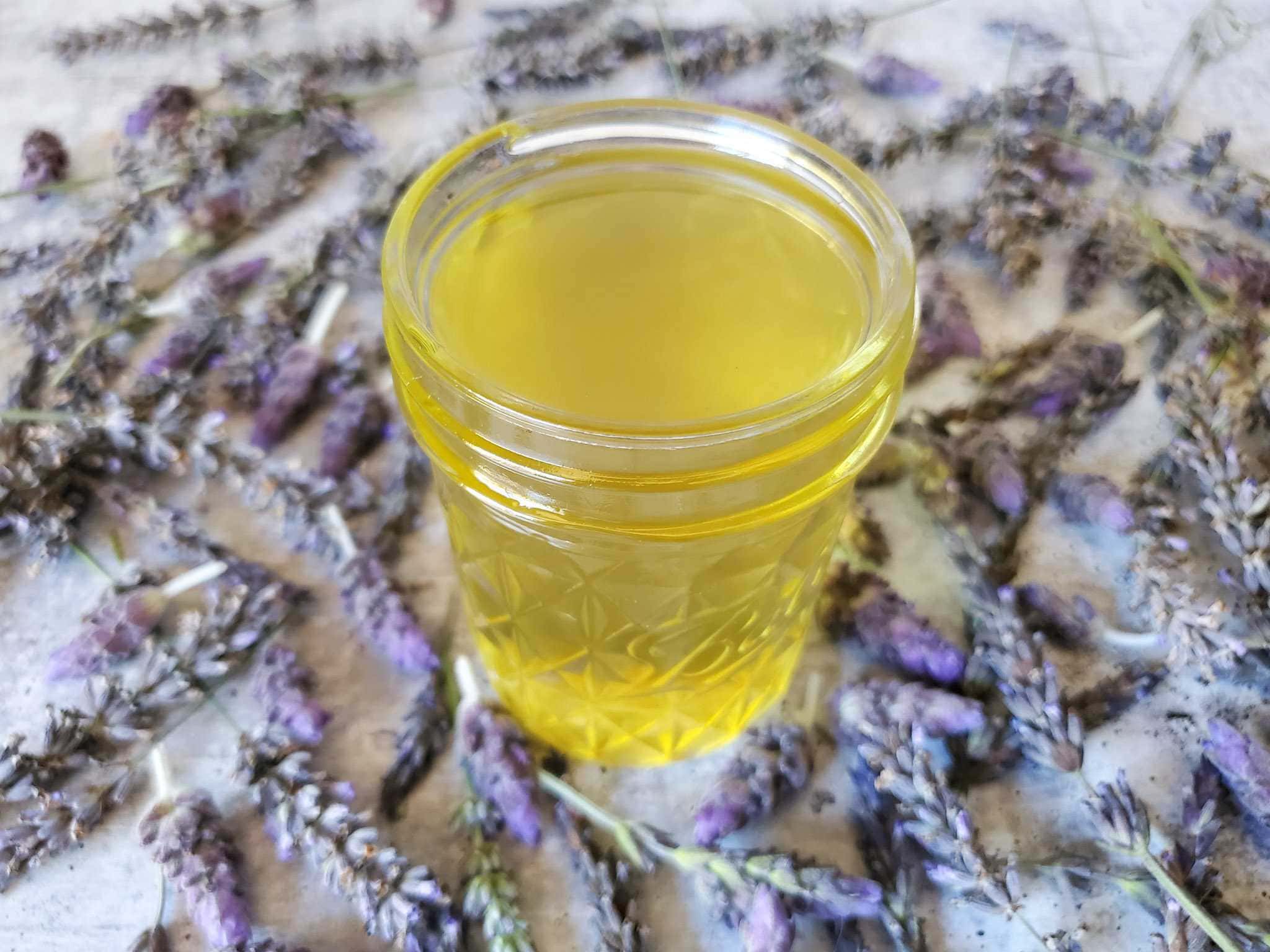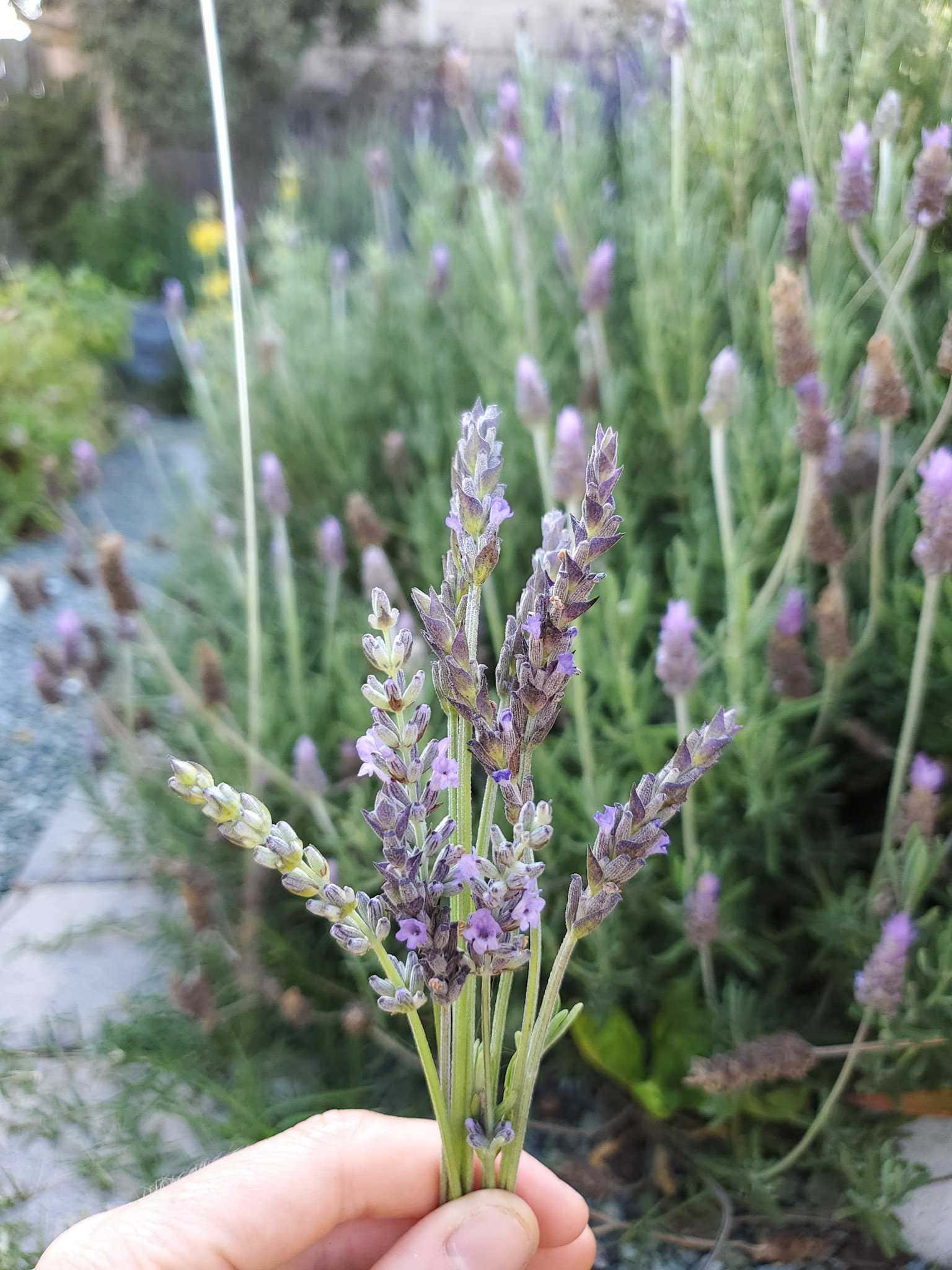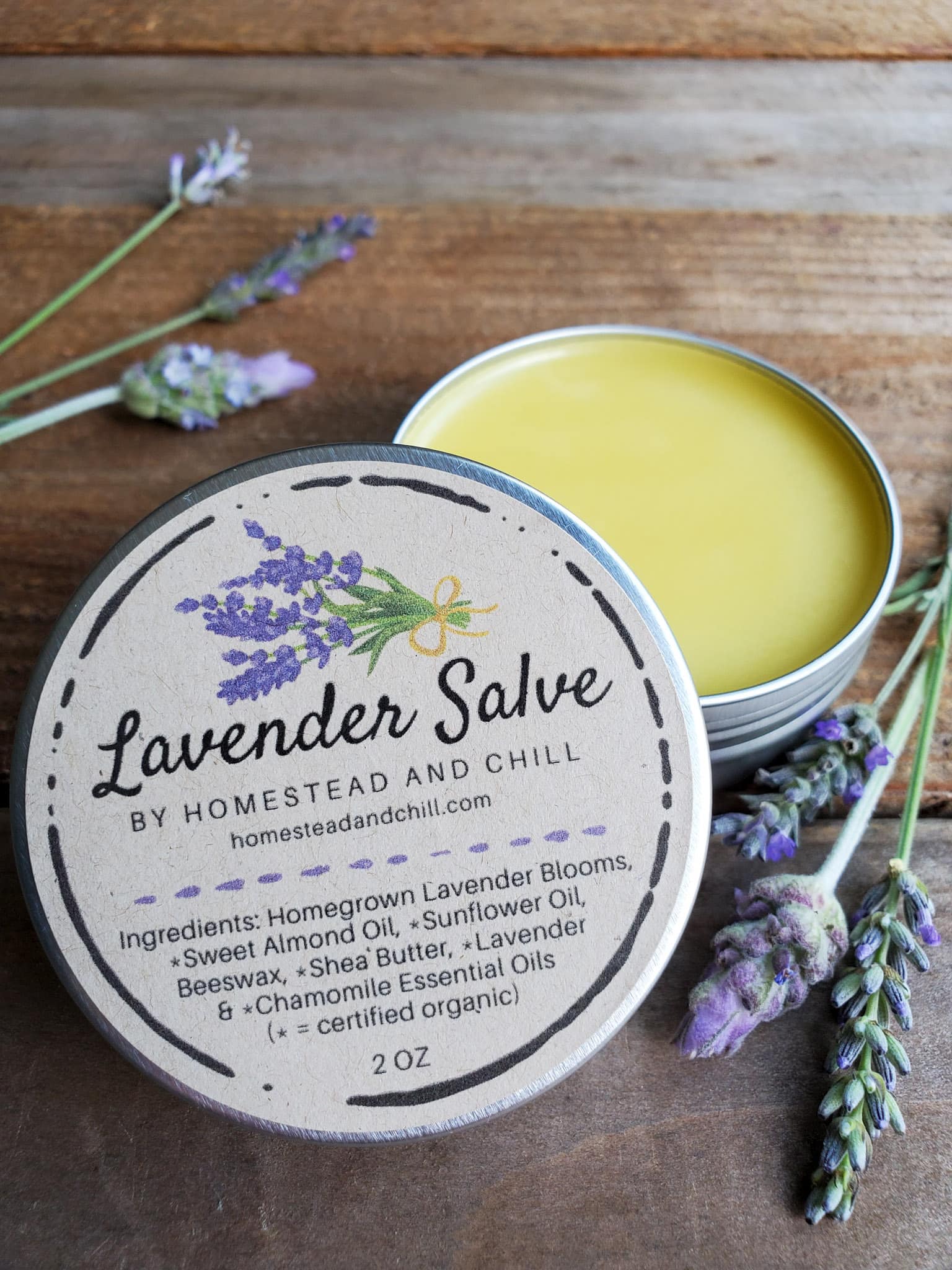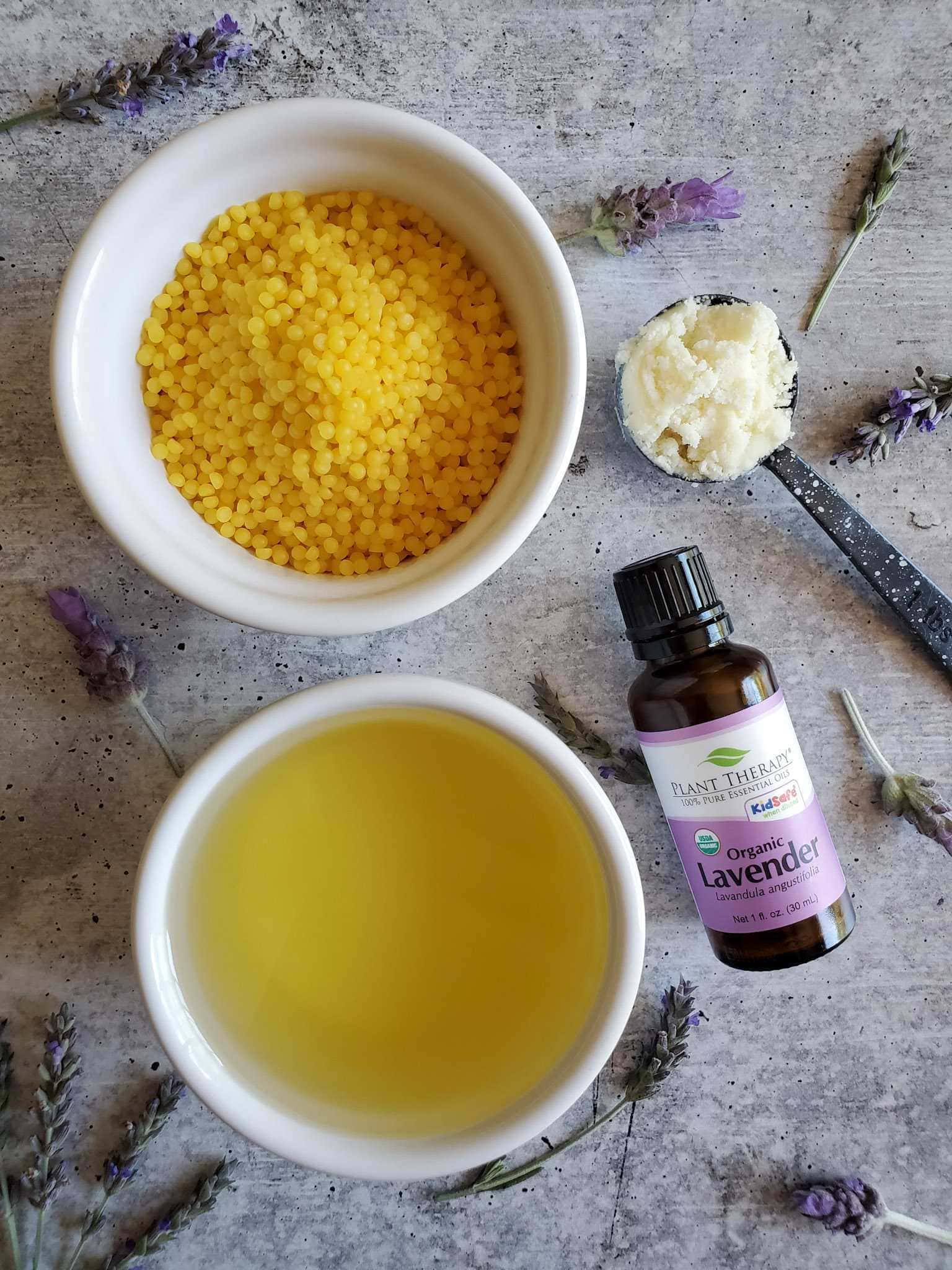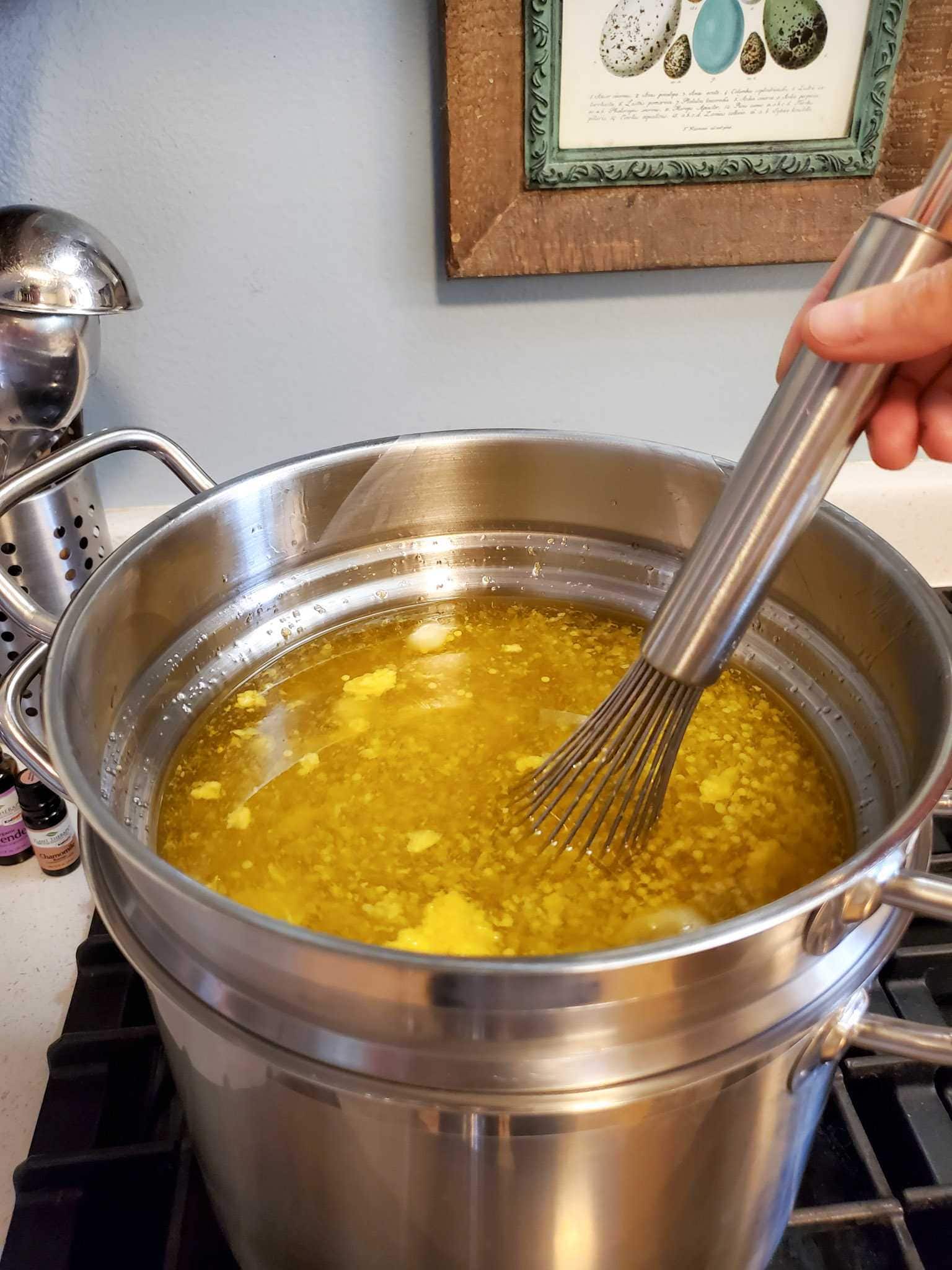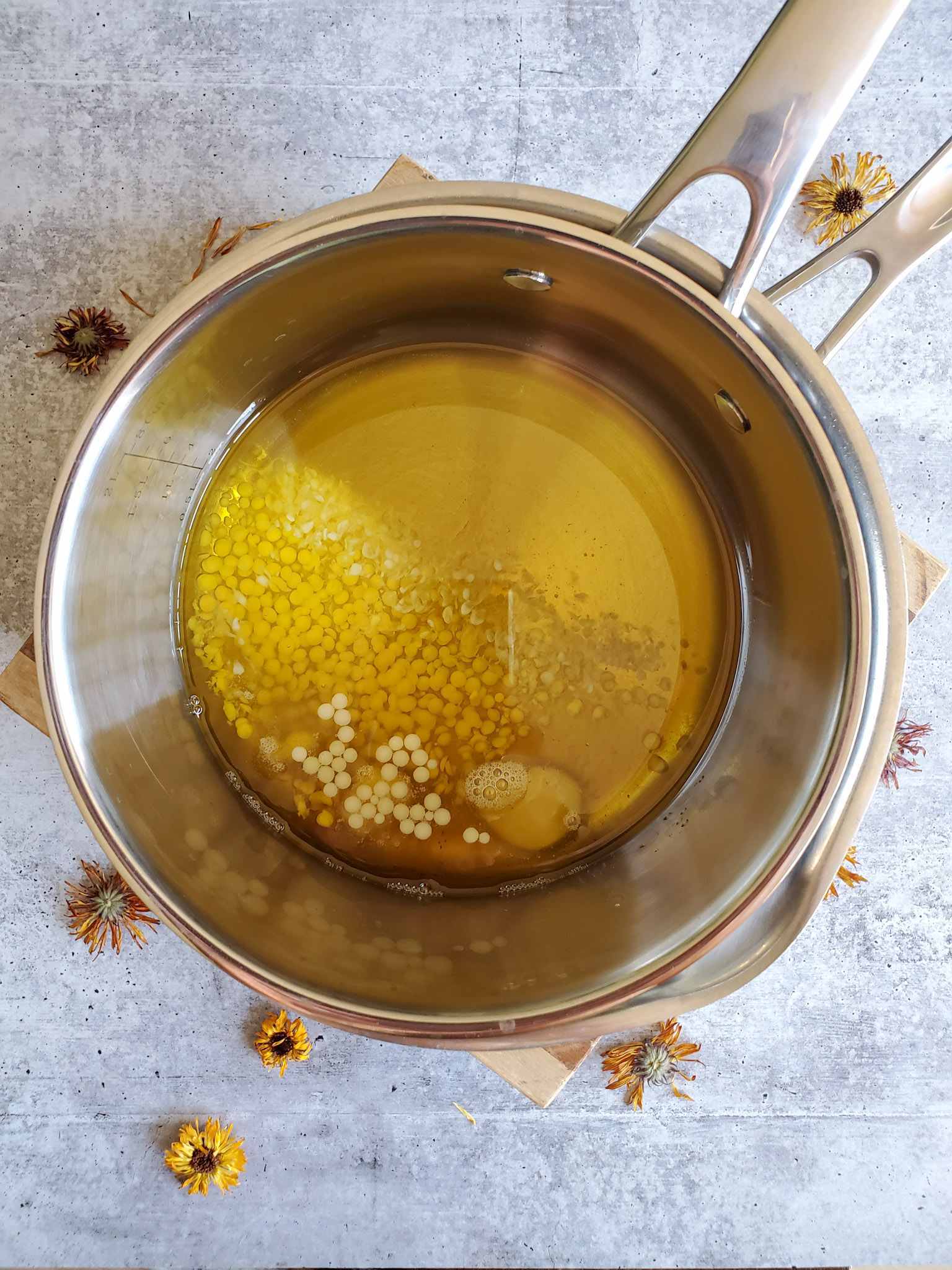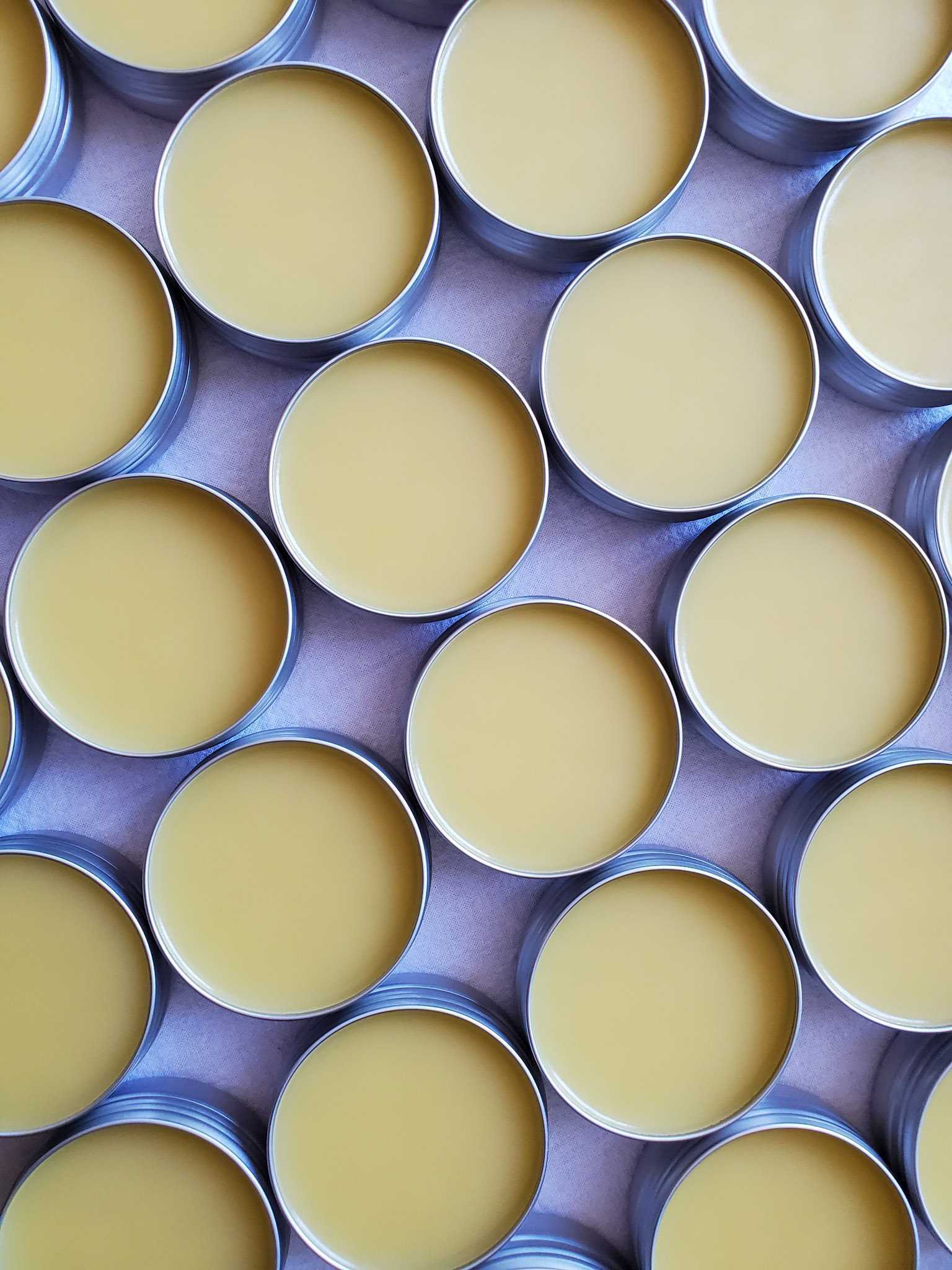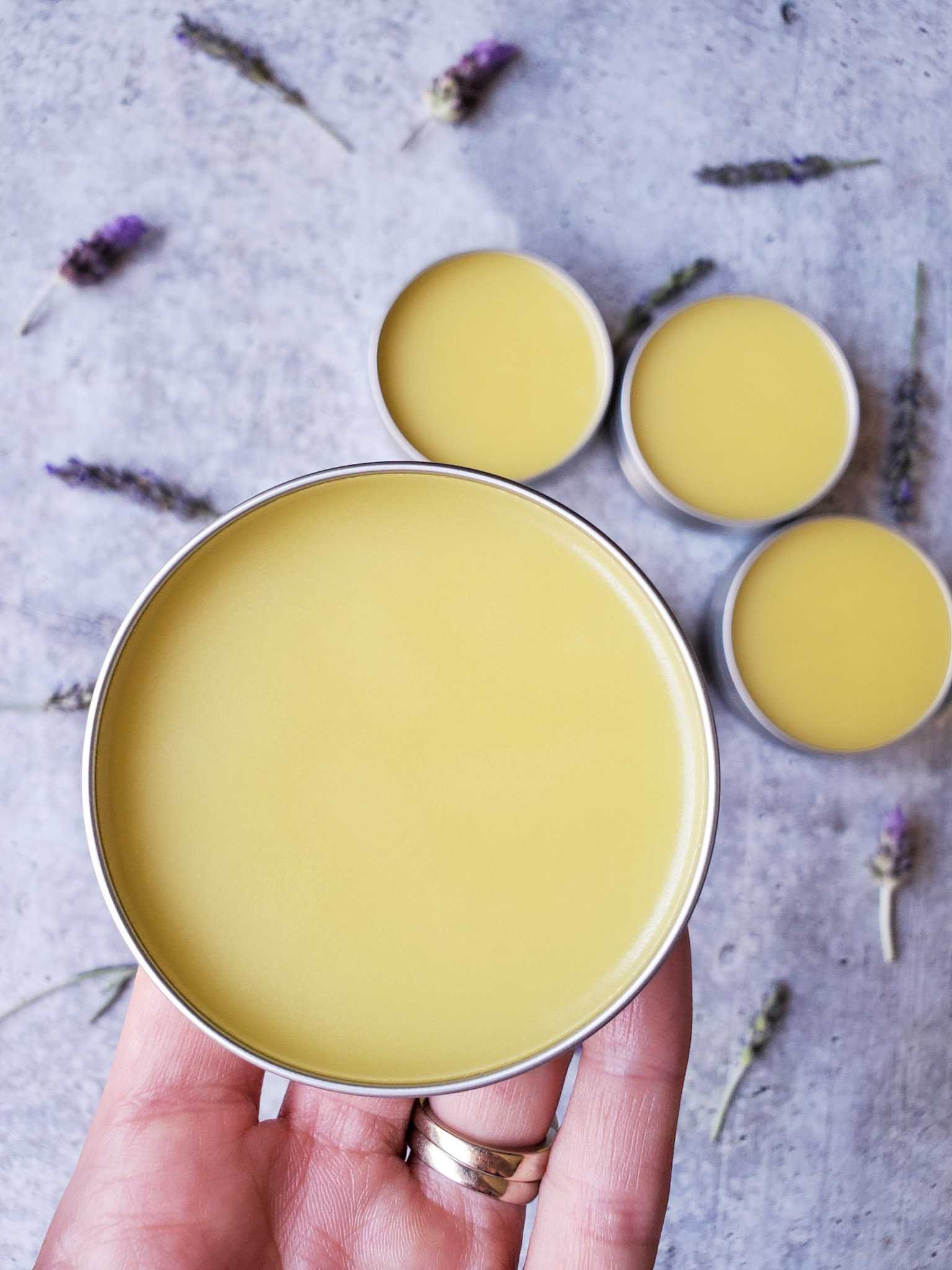Acne is one of the most common skin problems. Acne not only causes unsightliness, but in some cases of severe acne, it also affects health and daily life. There are many different types of acne such as blackheads on the nose, hormonal acne, back acne, scar acne and for each type there will be different treatments to bring the best results. This article will focus on cystic acne. From the cause to the treatment. Let’s get started now!

WHAT IS CYSTIC ACNE?
Cystic acne, a form of inflammatory acne, leads to the development of painful, pus-filled pimples deep beneath the skin. It happens when pores get blocked by a combination of oil and dead skin cells. In the case of cystic acne, bacteria further enters the pores, resulting in swelling or inflammation. This type of acne is the most severe, often causing painful cysts that are more prone to leaving scars.
WHAT CAUSES CYSTIC ACNE?
Skin pores may become clogged with too much oil and dead skin cells, leading to the formation of pimples. When bacteria enters these clogged pores and becomes trapped with oil and skin cells, it triggers a skin reaction, causing swelling in the middle layer of the skin (the dermis). This results in the formation of an infected, red, and swollen lump known as an acne cyst.
Causes of cystic acne include:
- Age (teenagers are more susceptible to cystic acne).
- Family history of cystic acne.
- Hormonal changes during the teenage years and sometimes during menopause, as well as stress.
WHAT DOES CYSTIC ACNE LOOK LIKE?
Acne cysts look similar to boils, which are a type of skin infection. Characteristics of an acne cyst may include:
- A red lump beneath the skin.
- Painful or tender when touched.
- Varying in size, from as small as a pea to as large as a dime.
- Discharging pus from a whitish-yellow head.
- Developing a crusty texture.
MANAGEMENT AND TREATMENT
HOW IS CYSTIC ACNE MANAGED OR TREATED?
Dealing with acne cysts can be challenging. To avoid scarring, it’s advisable to consult a dermatologist for guidance rather than relying on over-the-counter acne products. A dermatologist can provide insights on how to treat cystic acne effectively.
The treatment for cystic acne typically spans three months or more. It often includes the use of oral antibiotics and the application of prescription-strength topical gels or creams to the skin.
Cystic acne treatments include:
ANTIBIOTIC TREATMENTS
Dermatologists often prescribe a range of antibiotic treatments, including creams, gels, solutions, and lotions, to target bacterial infections and alleviate inflammation associated with skin conditions. These topical medications are formulated with specific antibiotics that work to eliminate harmful bacteria on the skin’s surface, preventing further infection and promoting healing.
Additionally, these treatments help to reduce inflammation, providing relief from redness, swelling, and discomfort. The use of antibiotic creams and gels underscores a comprehensive approach to skincare, offering targeted solutions to address bacterial issues and promote the overall well-being of the skin.
AZELAIC ACID OR SALICYLIC ACID
Dermatologists often recommend the use of acids such as azelaic acid (found in Azelex®) or salicylic acid (found in Finacea®) as part of skincare routines to address bacterial concerns and remove excess dead skin cells. Azelaic acid is known for its antimicrobial properties, effectively targeting and eliminating bacteria on the skin’s surface. It also helps in controlling inflammation and promoting a smoother skin texture.
Salicylic acid, on the other hand, is a beta-hydroxy acid renowned for its exfoliating properties. It works by penetrating the pores to break down and remove excess dead skin cells, preventing clogging that can contribute to acne. Incorporating these acids into skincare regimens can be beneficial in promoting a clearer complexion and managing skin concerns effectively.
BENZOYL
Benzoyl peroxide is a widely used and effective topical medication recommended by dermatologists to reduce the number of bacteria on the skin. It operates as an antimicrobial agent, targeting and eliminating Propionibacterium acnes, a bacteria commonly associated with acne development. By reducing the population of these bacteria, benzoyl peroxide helps prevent the formation of new acne lesions.
Moreover, benzoyl peroxide has keratolytic properties, meaning it aids in exfoliating the skin and preventing the accumulation of dead skin cells that can contribute to clogged pores. This dual action of targeting bacteria and promoting exfoliation makes benzoyl peroxide a versatile treatment for various forms of acne, including whiteheads and blackheads.
It’s essential to start with lower concentrations of benzoyl peroxide and gradually increase as needed, as higher concentrations may cause skin dryness or irritation.
RETINOIDS
Retinoids, which include adapalene, tretinoin, tazarotene, and other derivatives of vitamin A, are potent skincare compounds widely recognized for their ability to enhance skin texture and address various dermatological concerns. These compounds work by promoting skin cell turnover, a process known as desquamation, which involves shedding dead skin cells and encouraging the generation of new, healthier cells.
Adapalene, tretinoin, and tazarotene are commonly prescribed by dermatologists to treat conditions such as acne, as they effectively prevent the accumulation of dead skin cells within hair follicles. By encouraging the shedding of these cells, retinoids help to unclog pores, reduce the formation of comedones (blackheads and whiteheads), and inhibit the development of inflammatory lesions.
In addition to their exfoliating properties, retinoids also stimulate collagen production, contributing to improved skin elasticity and a reduction in the appearance of fine lines and wrinkles. But, keep in mind that retinoids may initially cause skin irritation, dryness, or peeling, so it’s advisable to start with lower concentrations and gradually increase as tolerance develops.
WHAT ARE OTHER CYSTIC ACNE TREATMENTS?
Other treatments for cystic acne include:
Corticosteroid injections are a quick intervention to shrink sizable and uncomfortable acne cysts rapidly. This treatment aims to reduce inflammation and alleviate the pain associated with these deep-seated cysts.
Another approach involves incision and drainage, a procedure designed to open up an acne cyst and release the accumulated pus. This helps in speeding up the healing process by removing the contents of the cyst, reducing swelling, and promoting quicker resolution.
For women dealing with cystic acne related to hormonal imbalances, dermatologists may recommend the use of birth control pills or spironolactone. These medications work to lower hormone levels, addressing the underlying causes of cystic acne in women.
In more severe cases, dermatologists may prescribe isotretinoin, an oral retinoid commonly known as Accutane. Isotretinoin is a powerful medication reserved for severe, resistant cases of acne. It works by targeting multiple factors contributing to acne, including excessive oil production, inflammation, and abnormal skin cell shedding.
The treatments for cystic acne each serve a distinct purpose in its management, and dermatologists customize their recommendations according to an individual’s condition and how they respond to various interventions. It is crucial to seek guidance from a healthcare professional to identify the most suitable approach for effectively addressing cystic acne.
HOW LONG DOES CYSTIC ACNE TAKE TO GO AWAY?
The duration for cystic acne to resolve varies from person to person and depends on several factors, including the severity of the condition, individual response to treatment, and chosen interventions. While there isn’t a one-size-fits-all timeline, seeking professional guidance to determine the best treatment for cystic acne is crucial. Dermatologists often employ a combination of topical and oral medications, lifestyle modifications, and in some cases, procedural interventions like corticosteroid injections or drainage.
Remember to understand that cystic acne may take several weeks or even months to show significant improvement. Consistent adherence to the recommended treatment plan, along with patience, is key in achieving the best outcomes and preventing future breakouts. Regular follow-ups with a healthcare professional allow for adjustments to the treatment strategy, ensuring the most effective approach tailored to the individual’s needs.
HOW CAN I PREVENT CYSTIC ACNE?
COMPREHENSIVE ROUTINE
Preventing cystic acne involves adopting a consistent and comprehensive skincare routine along with making certain lifestyle adjustments. One key aspect is maintaining good hygiene by washing your face regularly with a gentle cleanser. This helps to remove excess oil, dirt, and dead skin cells that can contribute to clogged pores and acne development. It’s important to avoid harsh scrubbing, as this can irritate the skin and potentially worsen acne.
USE HEALTHY SKIN CARE PRODUCTS
Choosing non-comedogenic skincare and makeup products is crucial in preventing cystic acne. These products are formulated to not clog pores, reducing the risk of acne breakouts. Additionally, regularly cleaning makeup brushes and applicators helps to prevent the accumulation of bacteria that can contribute to acne.
HEALTHY DIET
A balanced and nutritious diet plays a significant role in skin health. Consuming a diet rich in fruits, vegetables, whole grains, and lean proteins provides essential nutrients that support overall skin function. Staying well-hydrated is also important, as water helps flush out toxins and maintains skin hydration.
MANAGE STRESS
Managing stress is another important factor in preventing cystic acne. High stress levels can contribute to hormonal imbalances, which may trigger acne breakouts. Incorporating stress-reducing activities such as exercise, meditation, or deep breathing can positively impact both mental well-being and skin health.
CONSULT HEALTHCARE PROFESSIONAL
For individuals prone to hormonal fluctuations, consulting with a healthcare professional about potential hormonal therapies, such as birth control pills or spironolactone, may be beneficial in preventing cystic acne. Overall, maintaining a healthy lifestyle, practicing good skincare habits, and addressing any specific underlying factors contribute to a more effective prevention strategy against cystic acne.
FAQ
1. Can cystic acne go away on its own?
Usually, cystic acne can improve with age. However, the stubborn and painful bumps won’t go away on their own.
2. How do I know if my acne is cystic?
Cystic acne is typically identified by the presence of large, painful, and deeply embedded pimples beneath the skin’s surface.
3. Does ice help cystic acne?
Yes. Putting ice on red and swollen pimples can make them look less noticeable by reducing the redness.
4. How long does cystic acne last?
Cystic acne bumps are filled with pus, making them softer than nodules, and usually, they stick around for about one month if not treated.
CONCLUSION
Addressing cystic acne involves a multifaceted approach, considering the specific needs of each individual. From the use of topical treatments like benzoyl peroxide to oral medications such as isotretinoin, there are various options to explore. Additionally, for those dealing with hormonal cystic acne, incorporating hormonal cystic acne treatments such as birth control pills or spironolactone may provide significant relief. It’s crucial to consult with a healthcare professional to determine the most suitable combination of treatments tailored to one’s unique skin condition, ensuring a comprehensive and effective strategy for managing and minimizing the impact of cystic acne.


